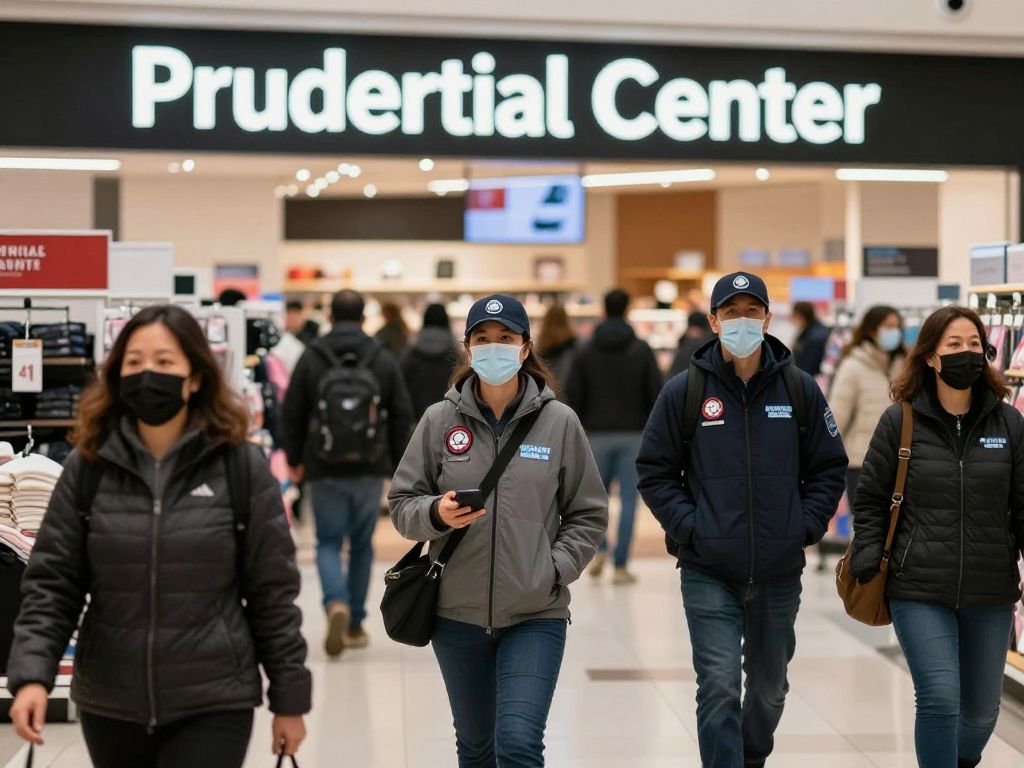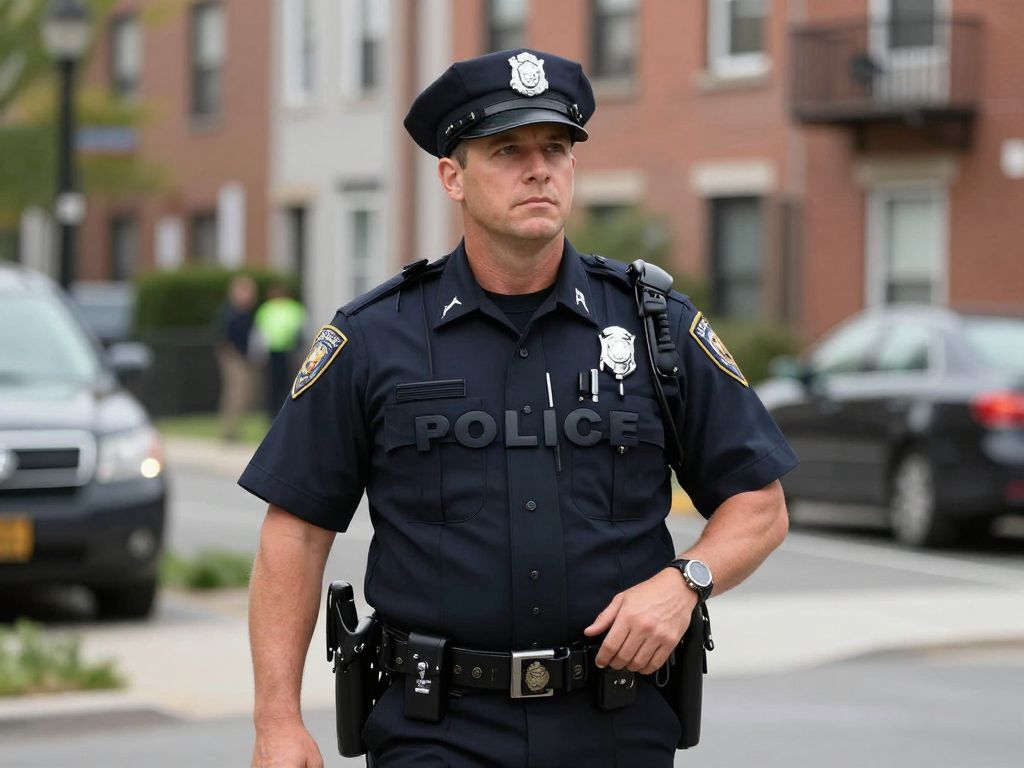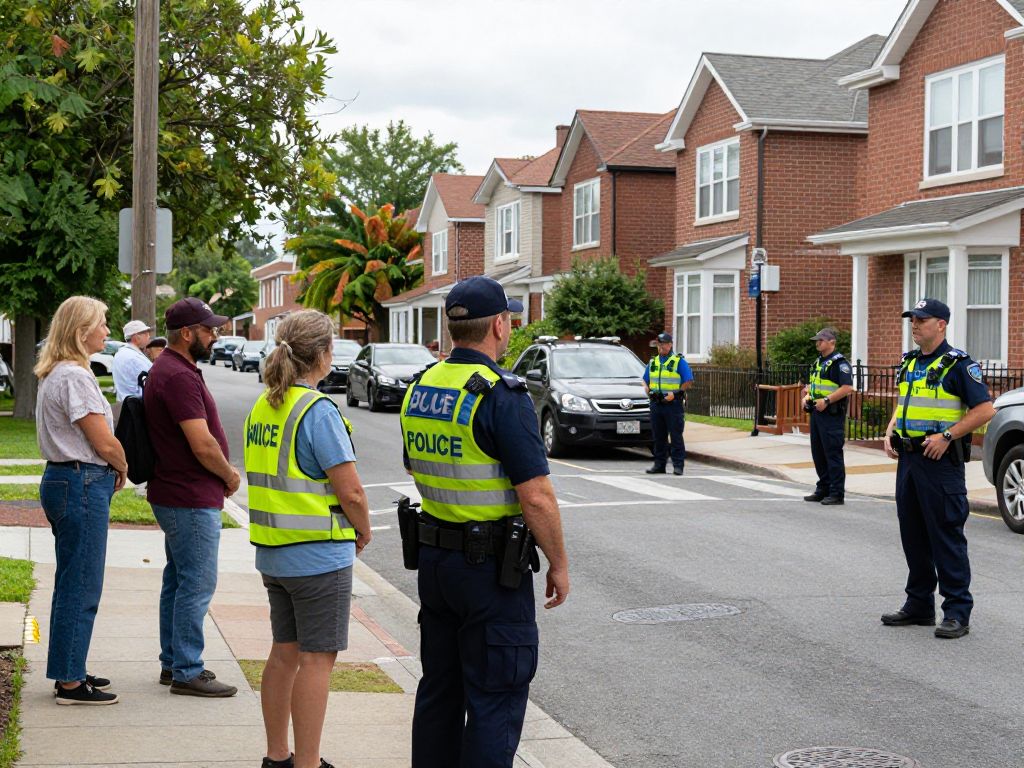News Summary
Boston Mayor Michelle Wu has solidified her partnership with State House Budget Chair Aaron Michlewitz through a series of recent events, demonstrating their collaboration amidst challenging weather. Their decade-long alliance highlights a mutual respect that transcends political differences, crucial for navigating Massachusetts politics. Celebrating significant events alongside the British royals, Wu and Michlewitz’s bond continues to evolve as they address local governance challenges, positioning them for future influence in the state.
Boston—Mayor Michelle Wu of Boston recently strengthened her political ties with State House Budget Chair Aaron Michlewitz during a series of events that showcased their collaboration amid challenging weather conditions. Their ongoing partnership, which spans over a decade, reflects a mutual respect that extends beyond partisan politics, underscoring its potential impact on the city’s future as they navigate the complexities of Massachusetts politics.
During a visit to Boston’s City Hall Plaza alongside Prince William and Princess Kate, the mayor celebrated the illumination of the building in green. The event, held in the midst of inclement weather, attracted significant attention from international media outlets. After the ceremony, Mayor Wu joined the royal couple and Massachusetts Governor for a Celtics game, marking a notable interaction between local leadership and the British royals.
In addition to ceremonial duties, Wu participated in a key annual fundraiser for a toy drive hosted by Michlewitz. This engagement highlights the deep-rooted alliance between the two leaders, with Wu affectionately referring to Michlewitz as her “big brother in the business.” As they collaborate on various city issues, their close personal rapport strengthens their professional relationship, demonstrating how friendship can play a vital role in politics.
At 40, Wu is known for her progressive policy advocacy, including initiatives such as rent control and improved public transit. In contrast, 47-year-old Michlewitz typically aligns with more centrist views and has historically opposed certain measures championed by Wu. Despite these ideological differences, the budget chair remains one of Wu’s trusted resources in the state legislature, giving her access to a collaborative approach when navigating complex policies affecting Boston.
As Michlewitz is anticipated to ascend to the role of House Speaker upon the retirement of current Speaker Ron Mariano, this transition is expected to significantly augment Boston’s influence in the state. Greater collaboration between city and state can lead to better outcomes for local governance. Wu’s administration needs Michlewitz’s support to advance its agenda, especially on matters including infrastructure changes and new legislation.
Communication between Wu and Michlewitz is robust, featuring nearly daily discussions about political strategies and relevant issues. Their rapport enables a vital link, enhancing their effectiveness in addressing the needs of the city while considering state-level dynamics. However, the partnership faces challenges, as Wu has encountered hurdles in pushing her proposals through the State House, particularly with some opposition in the Senate.
Furthermore, Wu’s initiatives on rent control and improvements in public transit demand Michlewitz’s backing in order to gather the necessary legislative support. While Michlewitz has previously lent assistance to Wu’s efforts, he has also indicated the need for compromises that reflect the current political landscape, showcasing the balance needed in their dealings.
The political futures of both Wu and Michlewitz are intertwined, with each leader needing the other to attain their respective goals. Wu faces the prospect of reelection and must rally support to secure sustained influence, while Michlewitz’s role as a potential future Speaker remains uncertain until he is officially appointed. This dynamic not only affects their individual ambitions but also carries implications for Boston’s overall political climate.
Their partnership embodies the essential collaboration required for effective governance in Massachusetts, as both leaders navigate the intricate intersection of city and state responsibilities. In a political atmosphere characterized by regular contention, their ability to maintain open lines of communication ensures that Boston remains well-represented in state matters. Moving forward, the continual development of their relationship will be critical in shaping the future of Boston’s political landscape.
Deeper Dive: News & Info About This Topic
HERE Resources
Anonymous Text Targets Boston Mayor Amid Scandal Allegations
Boston Mayoral Race Intensifies with Major Super PAC Contributions
Boston Celebrates Pride with Activism Against Authoritarianism
Surge in Campaign Spending Affects Boston Mayoral Race
Investigation into Inhumane Conditions at Burlington ICE Facility
Uwill Named Fastest Growing Company in Massachusetts
International Students Fuel Boston’s Luxury Market Growth
Massachusetts and Rhode Island Governors Meet with Canadian Premiers
Boston Mayor and ICE Director Clash Over Immigration Policies
Boston Property Owners Face Hidden Tax Penalties
Additional Resources
- Boston Globe: Michelle Wu and Zohran Mamdani
- Boston Globe: Texts Between Mayor Wu and Segun Idowu Kraft
- Boston.com: Wu Explains Rationale Behind Boston Calling Pause
- Wikipedia: Michelle Wu
- MassLive: Big Issues in Boston’s Mayoral Race
- Google Search: Boston politics

Author: STAFF HERE BOSTON WRITER
The BOSTON STAFF WRITER represents the experienced team at HEREBoston.com, your go-to source for actionable local news and information in Boston, Suffolk County, and beyond. Specializing in "news you can use," we cover essential topics like product reviews for personal and business needs, local business directories, politics, real estate trends, neighborhood insights, and state news affecting the area—with deep expertise drawn from years of dedicated reporting and strong community input, including local press releases and business updates. We deliver top reporting on high-value events such as Boston Marathon, Head of the Charles Regatta, and Boston Harborfest. Our coverage extends to key organizations like the Greater Boston Chamber of Commerce and Associated Industries of Massachusetts, plus leading businesses in finance, biotech, and insurance that power the local economy such as Fidelity Investments, Biogen, and Liberty Mutual Insurance. As part of the broader HERE network, we provide comprehensive, credible insights into Massachusetts's dynamic landscape.





